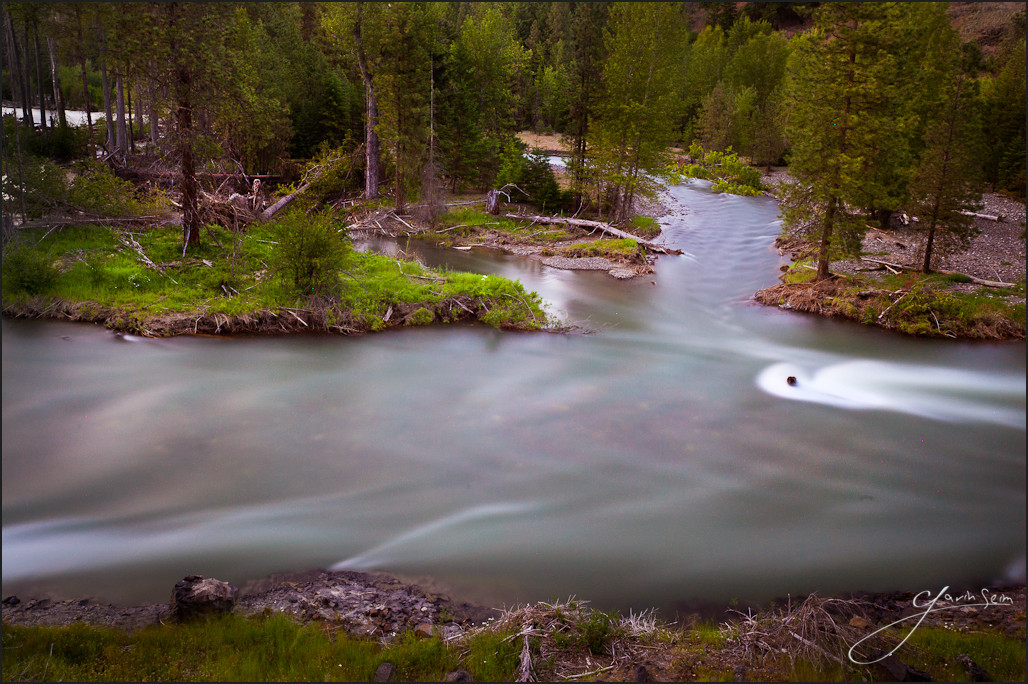by Gavin Seim: We all see differently and that’s good. We should never stop working to improve. One might even contend that you can never really “master” photography. But perhaps you can get pretty close, if you really nail down these and perhaps a few other essentials, taking control of the way you plan and capture images.

2 – Storytelling – A great image has to have a subject and a story that can reach out and grab people. Uninteresting subject matter, too much clutter, messy composition, bad details, distracting lighting, the list goes on. Fail at any of these and you’ll never be great at photography. It’s hard to nail all these elements down with anything but years and years of practice and experience. But then, no one said this was easy. Until you can start clearing out distractions and really convey feeling. You’re just making snapshots. Those are fine, but remember. Everyone else it making them too.
3 – Tone Control – This may be the biggest of all. And yet it’s finer points are the most ignored. It’s the one most will never truly master. Everything needs to lead to the subject. And mastering tone gives you that power. Tone control is about seeing light in your head, understating how to manipulate it, and understanding how to control tones to make your subject and your story, sing like the sound of music. Even most professionals have not nailed down tone control, but until you do, you’ll never be fully able to control your light or the impact of your photographs. For more on controlling tone check out this article.
____
If you’ve mastered all these things, then you should be writing this instead of me, because I’m still working on them. But working I am and getting closer each day. Just remember that a camera is no more an artistic tool than a typewriter. It’s knowing how to tell a story with light, tone and line that matters. Like nearly all arts, there’s an aspect of science and an aspect of art you must master. Otherwise you’re just another person with a tub of paint or a ream of paper. For more
So lets get to work. Science + Knowledge + Vision = Art

